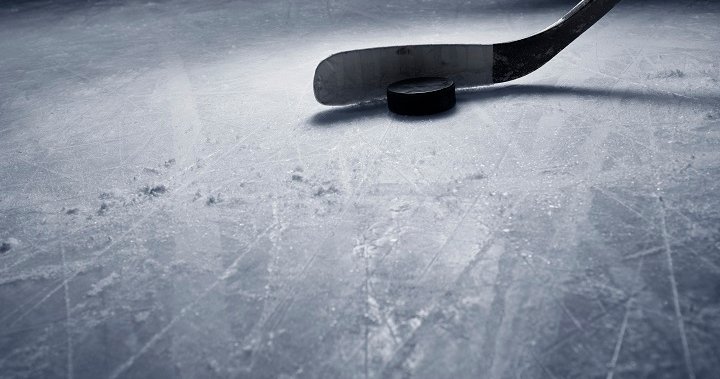Canada
Hockey Quebec announces ban on smelling salts, citing health risk for players

Introduction: Hockey Quebec Takes a Stand Against Smelling Salts
In the frosty arenas of Quebec, where the love for hockey runs deep, a significant decision has been made to protect the province’s young athletes. Hockey Quebec has recently announced a ban on the use of smelling salts, effective immediately. This decision comes as a response to growing concerns over the potential health risks these substances pose, particularly to young players. The ban applies to all games, practices, and organized activities, marking a proactive step towards ensuring player safety.
Understanding the Directive: Why the Ban?
Hockey Quebec’s directive is clear: ammonia-based inhalants, commonly known as smelling salts, are no longer permitted in any hockey-related activities. This decision was not taken lightly. The organization has observed incidents where these products were used, including a notable case where a coach was suspended for administering them to under-11 players. While some may view this as a drastic measure, it reflects Hockey Quebec’s commitment to prioritizing players’ health. The ban is a precautionary move to prevent potential harm, especially considering the vulnerability of young athletes.
Health Risks Associated with Smelling Salts
Smelling salts have been traditionally used to revive individuals who have fainted, but their adoption by athletes seeking a quick energy boost has raised red flags. Inhaling ammonia-based products can lead to serious health issues, including irritation of the respiratory tract, persistent coughing, and bronchospasms. These risks are particularly concerning for children, whose bodies are still developing. Hockey Quebec’s decision underscores the importance of protecting young athletes from avoidable health hazards, ensuring they can play safely and thrive in their sport.
Regulatory Steps and Future Plans
While the World Anti-Doping Agency (WADA) does not currently classify smelling salts as banned substances, Hockey Quebec recognizes the necessity of going beyond existing regulations. The organization is working diligently with health agencies and Hockey Canada to formalize rules around these products. By next season, a comprehensive policy is expected to be in place, providing clear guidelines and education for coaches, players, and parents. This collaborative approach ensures that the ban is not only enforced but also understood, fostering a culture of safety within the sport.
The Bigger Picture: Safety in Youth Sports
The ban on smelling salts by Hockey Quebec highlights a broader issue in youth sports: the balance between performance and health. Often, the pressure to win can lead to shortcuts that jeopardize young athletes’ well-being. This decision serves as a reminder that the primary concern in youth sports should always be the health and development of the children involved. It encourages other sports organizations to reflect on their practices and prioritize safety, setting a positive precedent for the future of youth athletics.
Conclusion: Protecting the Future of Hockey
In conclusion, Hockey Quebec’s ban on smelling salts is a commendable move that emphasizes the importance of player safety and health. By addressing potential risks early and collaborating with relevant stakeholders, the organization is paving the way for a safer sporting environment. As this decision influences other regions and sports, it stands as a testament to the commitment of ensuring that young athletes can enjoy the game they love without unnecessary harm. The future of hockey is in the hands of these young players, and decisions like these help safeguard their well-being for years to come.